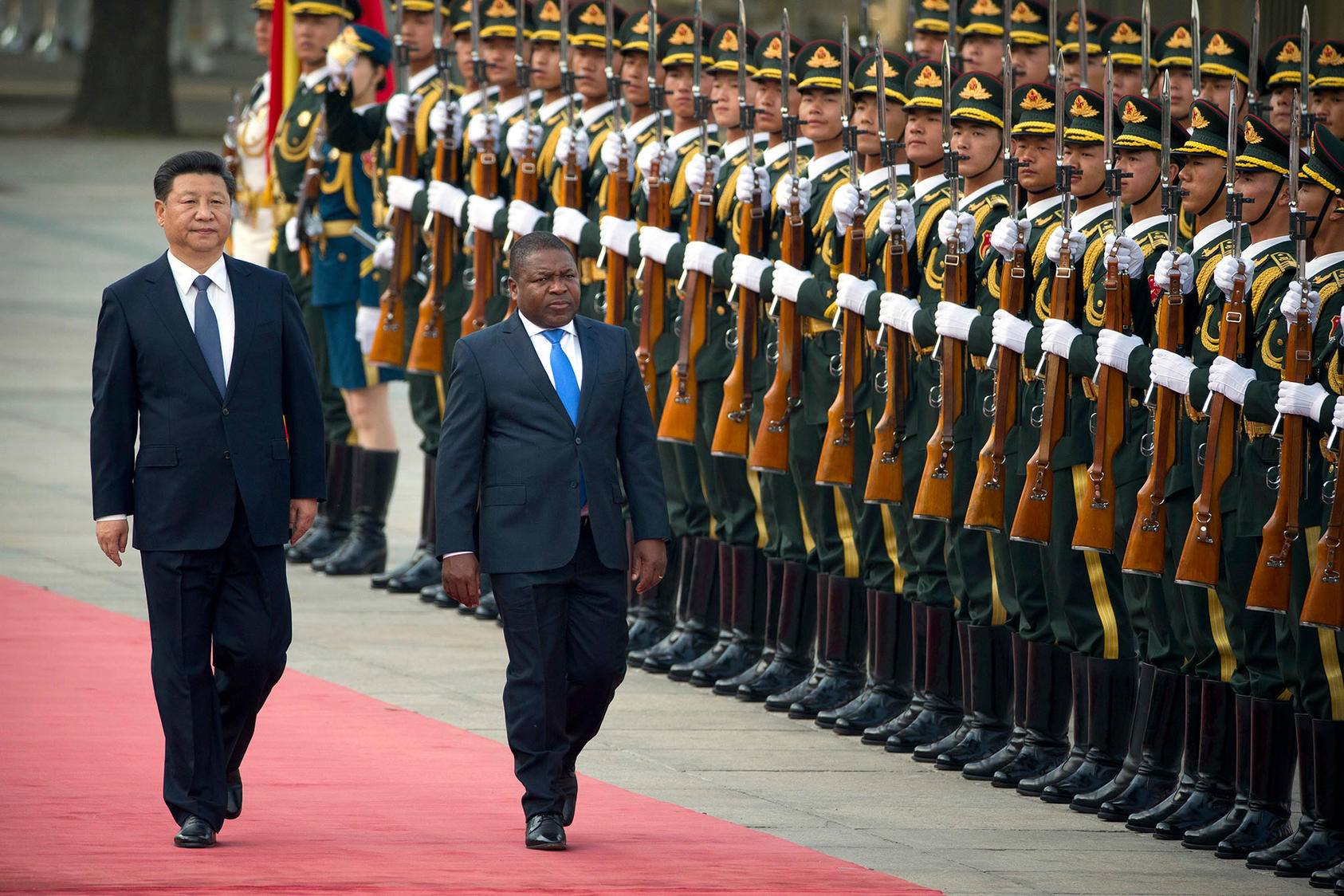Chinese Professional Military Education for Africa: Key Influence and Strategy
One way the Communist Party of China seeks to increase the uptake of its norms, values, and institutional practices in Africa is by providing professional education and training opportunities to African military officers. In addition to promoting China’s governance models, these programs have graduates in top leadership positions across the continent, including presidencies and numerous top defense roles. This report urges US and Western policymakers to counter this influence by providing more opportunities for African officers to train in Western military institutions.

Summary
- The role of China’s People’s Liberation Army (PLA) in accomplishing Beijing’s political and ideological goals is called “military political work.” A subset of such work is China’s version of professional military education (PME).
- China’s PME treats the education and training of foreign military personnel as an opportunity to promote China’s governance model to develop closer relationships with foreign militaries and governments and to build a shared understanding of security.
- Each year, thousands of African officers from many different countries attend training programs in China and participate in dialogues and exchanges with their Chinese counterparts. Many alumni of these programs go on to play leading roles in their countries’ militaries and governments.
- Chinese PME is embedded within a larger framework designed to generate political support through party-to-party work, assistance in building infrastructure, and multifaceted soft power campaigns.
- US policymakers should respond to China’s effective use of PME by expanding opportunities for African officers and making PME part of its own package of targeted human resource development.
About the Report
This report offers a policy-oriented analysis of the evolution of China’s provision of professional military education to African officers. It draws on historical and contemporary records and feedback from African officers, the latter including interviews conducted for this report with 20 African officers. It was commissioned by the United States Institute of Peace’s Asia Center.
About the Author
Paul Nantulya is a research associate at the Africa Center for Strategic Studies in Washington, DC, where he also works on the People’s Liberation Army and China’s security strategy in Africa. He has published extensively on these subjects, including articles and commentaries for the US Army War College, the National Bureau for Asian Research, and the Carnegie-Tsinghua Center for Public Policy.



